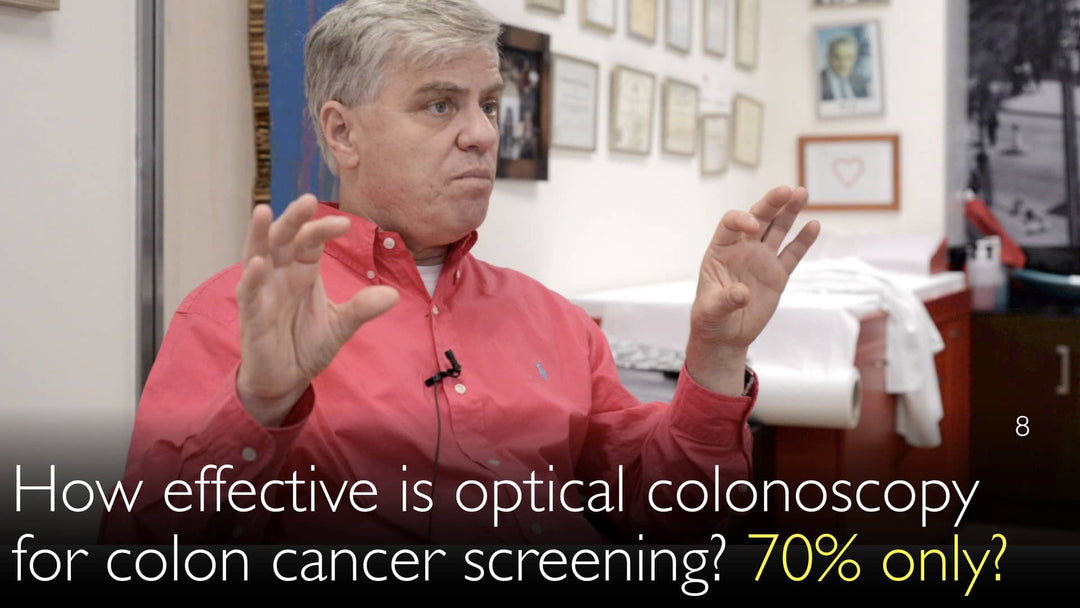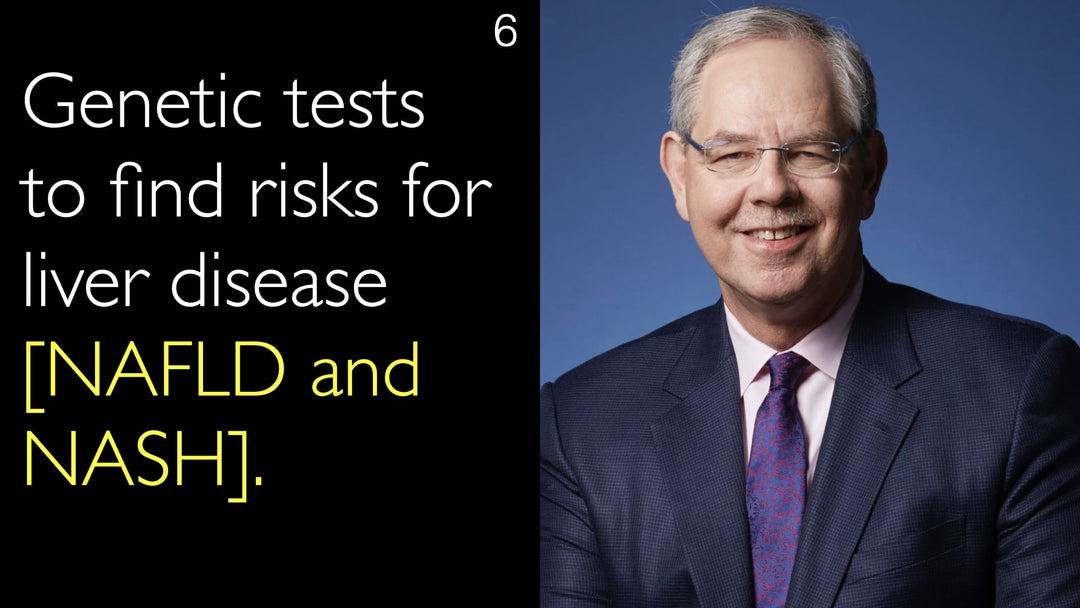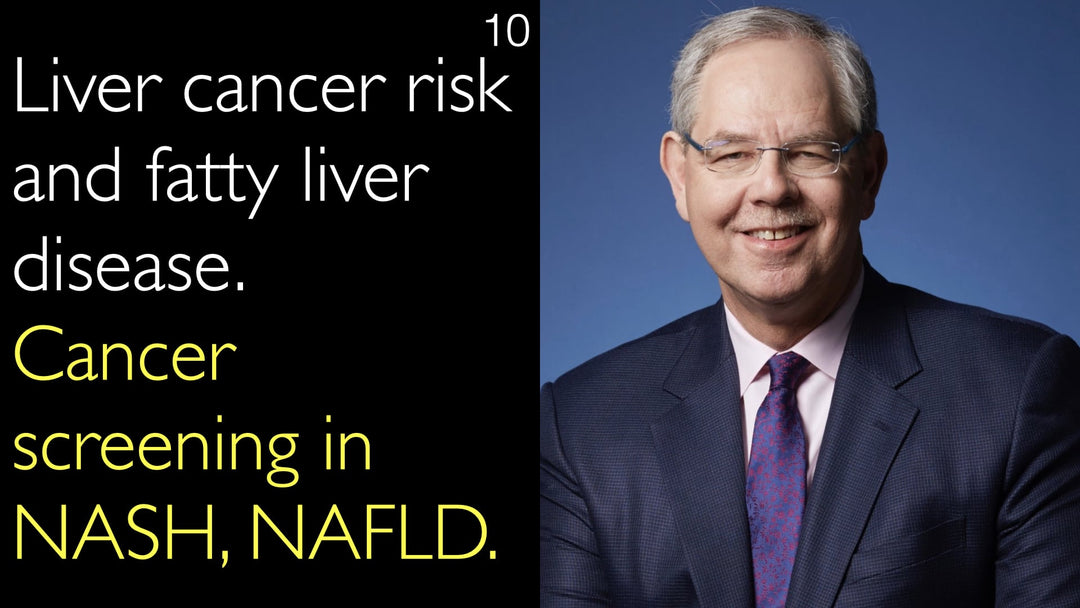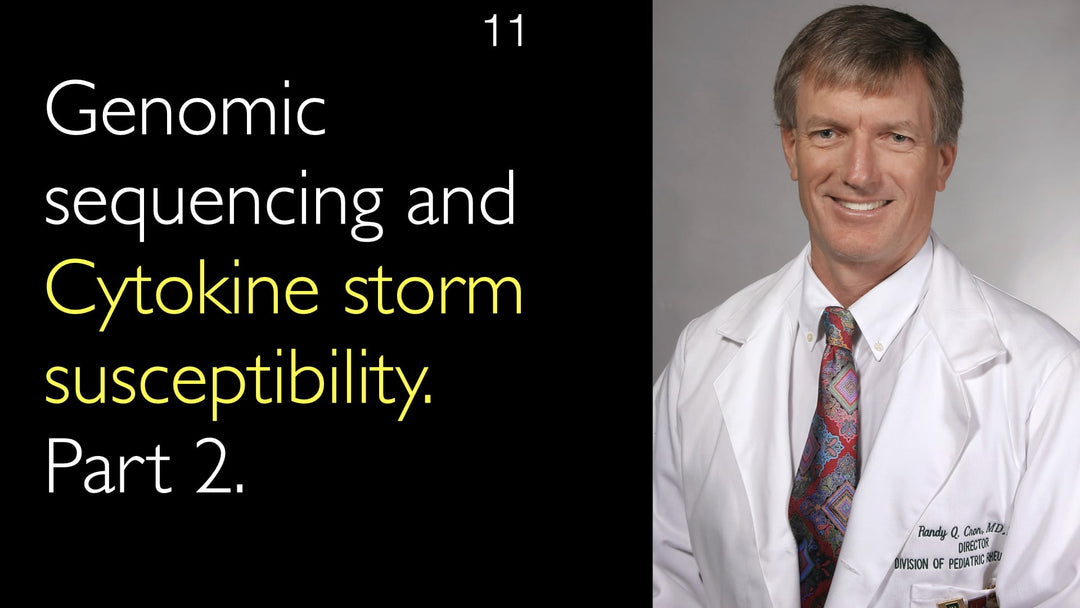Leading expert in colorectal cancer screening, Dr. Nadir Arber, MD, discusses the effectiveness of optical colonoscopy and emerging technologies for colon cancer detection. Optical colonoscopy, often considered the gold standard, may only detect 60-70% of right-sided colon cancers. Dr. Nadir Arber, MD, highlights promising new methods, including CT colonography and capsule endoscopy, which offer less invasive options. He also emphasizes the potential of blood tests for early cancer detection, which are under development in collaboration with international research centers. These advancements aim to improve screening accuracy and patient compliance, ultimately enhancing early detection and prevention of colon cancer.
Advancements in Colon Cancer Screening: Beyond Optical Colonoscopy
Jump To Section
- Optical Colonoscopy Effectiveness
- Emerging Screening Technologies
- Capsule Endoscopy Innovation
- Blood Tests for Early Detection
- Future Directions in Screening
- Full Transcript
Optical Colonoscopy Effectiveness
Dr. Nadir Arber, MD, explains that while optical colonoscopy is often viewed as the gold standard for colorectal cancer screening, its effectiveness may be limited. Studies suggest it detects only 60-70% of right-sided colon cancers. This discrepancy highlights the need for improved screening methods to ensure comprehensive cancer detection.
Emerging Screening Technologies
Dr. Nadir Arber, MD, discusses the potential of new technologies like CT colonography and capsule endoscopy. These methods offer less invasive alternatives to traditional colonoscopy, potentially increasing patient compliance and screening accuracy. As these technologies advance, they may play a significant role in future colorectal cancer screening protocols.
Capsule Endoscopy Innovation
Dr. Nadir Arber, MD, is involved in developing a novel "swallow and forget" capsule endoscopy. This prep-less technology allows patients to swallow a capsule that scans the bowel for abnormalities without the need for bowel cleansing. This method could revolutionize colorectal cancer screening by simplifying the process and improving patient experience.
Blood Tests for Early Detection
Dr. Nadir Arber, MD, highlights ongoing research into blood tests for early cancer detection. Collaborations with international labs, including those at Johns Hopkins, aim to validate these tests through multicenter clinical trials. Successful development of such tests could enable earlier detection of colon cancer and potentially other cancers, improving patient outcomes.
Future Directions in Screening
Dr. Nadir Arber, MD, envisions a future where screening resources are optimized by targeting high-risk patients with the most effective tests. By reducing unnecessary colonoscopies and focusing on those with a higher likelihood of cancer, healthcare systems can improve efficiency and patient compliance. These advancements promise to enhance early detection and prevention strategies for colorectal cancer.
Full Transcript
Dr. Anton Titov, MD: Colonoscopy is said to be a "gold standard" for colon cancer detection. But there is data that optical colonoscopy detects only 60-70% of right-sided colon cancers. Maybe it’s time to focus on CT colonography? Or "swallow and forget" camera technologies?
Dr. Nadir Arber, MD: Optical colonoscopy is considered the golden standard in colorectal cancer screening. But it's very interesting that sometimes a certain number of right-sided colon cancers are missed. People say this. A 90% colorectal cancer reduction with doing optical colonoscopy. In reality, it is actually closer to 60 to 70% colon cancer reduction in some published clinical trials.
What is the best way to screen for colorectal cancer today? What are the new methods of colorectal cancer screening? What are you working on? What colon cancer screening methods are coming to clinical practice?
I think in 2020 and 2021, still optical colonoscopy is the way to go. What we have to do is to try to better pinpoint and choose the patients that have a significantly increased risk of colorectal cancer. For that, we are trying to develop new cancer screening tests. It's amazing that about 80% of these new cancer screening technologies are coming from Israel. I am very proud of it. I'm basically also involved in a few new colorectal cancer detection methods.
We are doing one clinical trial, which is amazing and very promising with colorectal cancer checkup. It's another Israeli startup. This is a technology that I call "swallow and forget." It's a prep-less cancer screening by capsule endoscopy. You just swallow it. There is no need for bowel cleansing preparations, no need to do anything. It just has a small source of energy which is transmitted into the mucosa. It does back scattering and the absorptions. The capsule can tell if there is normal bowel mucosa or if there is some polyp or colon cancer.
We have published two papers and now we are doing in Israel a multi-center clinical trial to find out the efficacy of colorectal cancer screening. It will be followed by an international clinical trial. This is colon cancer screening technology that is going to be amazing. Still, the cost might be the issue.
Another thing that I alluded to in the beginning of our interview is a blood test for early colon cancer detection. In my lab and two labs in America and other centers across the world, we work intensely on early cancer screening tests. Two of the laboratories are from Johns Hopkins and one laboratory is from Australia. But definitely, blood cancer screening tests have to be validated in international multicenter clinical trials. But again, this is the way to go.
You have to have a colon cancer test. But if it's possible to have a test to detect all cancers, it's even better. And then only patients in whom we know that there is a very high likelihood of finding cancer, or colon cancer, will be sent to have colonoscopy. In this way, we can use the resources better and also the compliance from the patients will be better. Because currently, we are doing a lot of colonoscopies which are normal.
Sometimes you can find a way not to do colonoscopy because cancer risk is not high. Then we can achieve much better results and even increase our ability to prevent colon cancer early in the preclinical stage.







